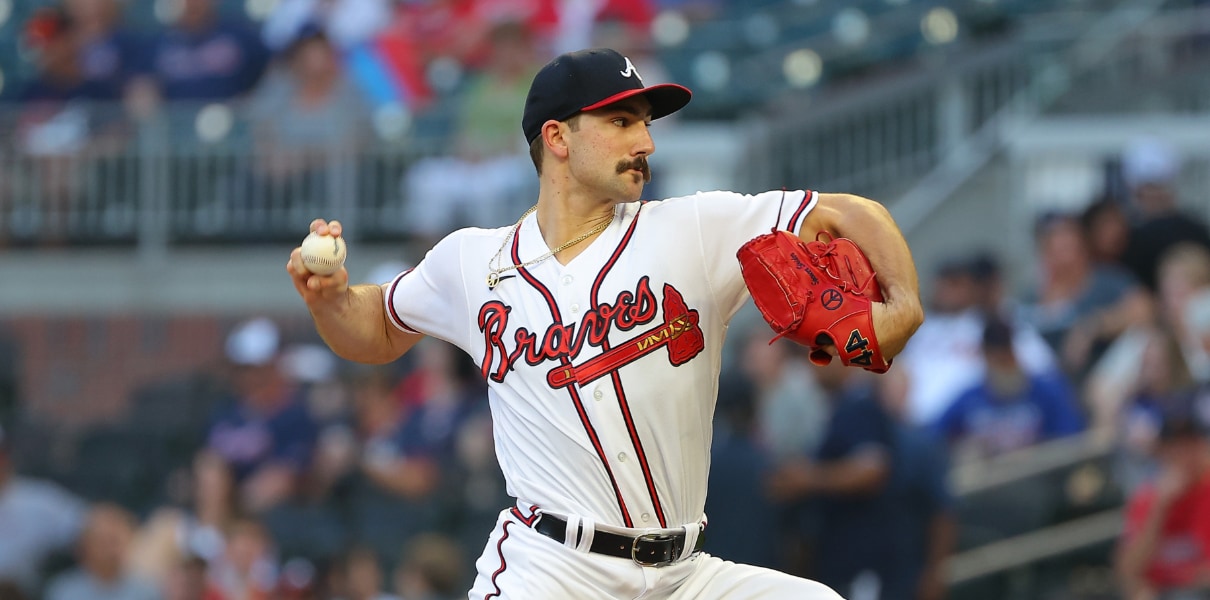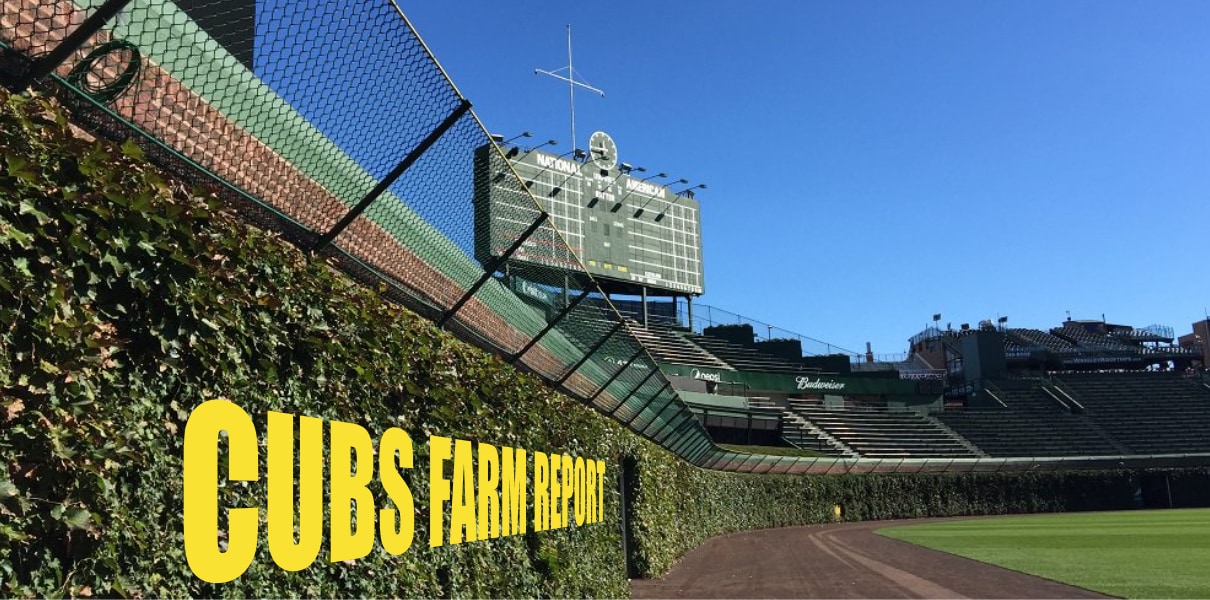
The notable pieces from the body of the message (emphasis mine), which comes from VP of Ticket Sales and Service Colin Faulkner:
There has been quite a bit of media coverage this week about the remarkable proposal being considered by the Cubs and the Ricketts family to help restore Wrigley Field. The project we are sharing is based on creative ideas for how to improve the ballpark, input from tens of thousands of fans and neighbors and research to preserve the historic features fans cherish.
Over the coming weeks, we will continue to discuss these plans with the City and our community, as we work through designs and ask for help to allow signage in the outfield, flexibility regarding concerts, night events and other issues. But with this help, no tax dollars are needed for this project. We remain the only major professional sports team in Chicago with no public funding and the only Major League Baseball ballpark in the country to get no financial support from its home city, while contributing more than $14 million in amusement taxes annually ….
Separately, the Ricketts family is also considering an investment outside Wrigley Field. For many years, we have discussed a vision for an open space plaza, office building and retail on our triangular-shaped piece of land just west of Wrigley Field. The Ricketts family has signed an agreement with Starwood Hotels and Resorts to develop a boutique hotel on the land currently housing a McDonald’s restaurant on Clark Street. The community has expressed a desire for a hotel in the area and we look forward to working with Alderman Tunney, our neighbors and the Ricketts family as the design and plan develop.
The hotel is a critical part of a more-than-$500 million plan to reinvest in Wrigley Field and the neighborhood. The Ricketts family is working to create 800 construction jobs and 1,300 full-time jobs, preserve Wrigley Field as one of the top three tourist destinations in the state and grow the ballpark’s $650 million annual economic impact to Chicago and the region.
Inside the ballpark, we hope to begin construction following the 2013 baseball season. We plan to build in the offseason, without leaving Wrigley Field or impacting the neighborhood businesses that have come to rely on the baseball season. It will take approximately five offseasons to complete the project. We’re sure you have lots of questions as to how these changes will benefit you. As plans develop, we will keep you informed along the way ….
Always a good idea to make sure you’ve got the full support of the season ticket holders. The Cubs made sure – in my emphasized portions above – to underscore their selling points on the revised funding plan: (1) we’ll take no public money (even though every other team in Chicago gets public money, and even though every other MLB ballpark gets some kind of financial support when it is contributing taxes to the city); (2) we’ll build other cool and helpful stuff if folks hook us up on the revenue-generation side; and (3) if the neighborhood lets us do our thing, we won’t pull the games out of the neighborhood for parts of the next few seasons.
Speaking of the revenue-generation plan, we know broadly what the Cubs are looking for, and Faulkner said as much in the message above: “allow signage in the outfield, flexibility regarding concerts, night events and other issues,” with one of the biggest “other issues” being the ability to run street fairs around Wrigley. But we don’t know some of the specifics. What kind of signage? Where? How many more night games? How many more concerts?
Well, on the latter two questions, the Tribune’s Ameet Sachdev reports that the Cubs are looking to increase their allowable night game total from 30 to 41, presumably with many of the added night games coming on the weekend. Sachdev adds that the Cubs would like to increase their allowable concert total to more than the currently-permitted three, but the particulars aren’t yet know. Various neighborhood groups are reportedly willing to up that total to four.
For their part, the Cubs hope to have the night game portion of the funding plan resolved within the next month, so that time changes can be incorporated into the 2013 schedule. At 41 games, the Cubs would play half of their home schedule during the day, and half at night.
































